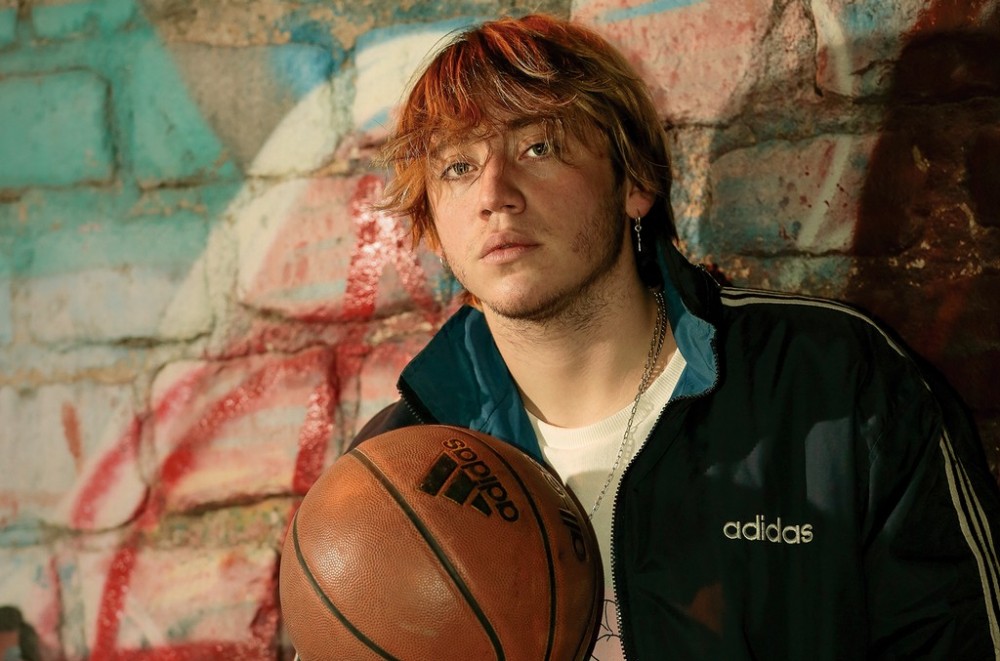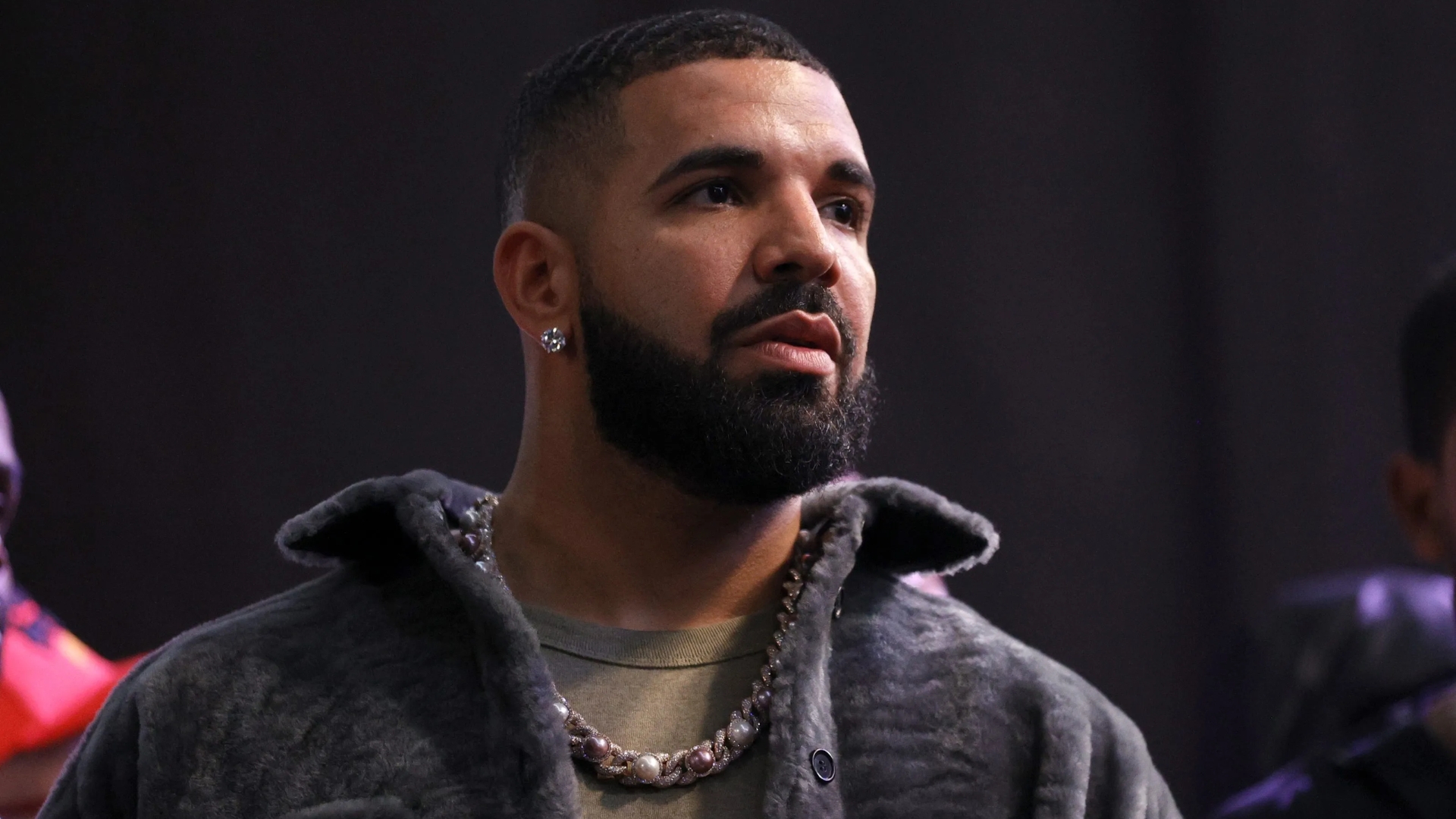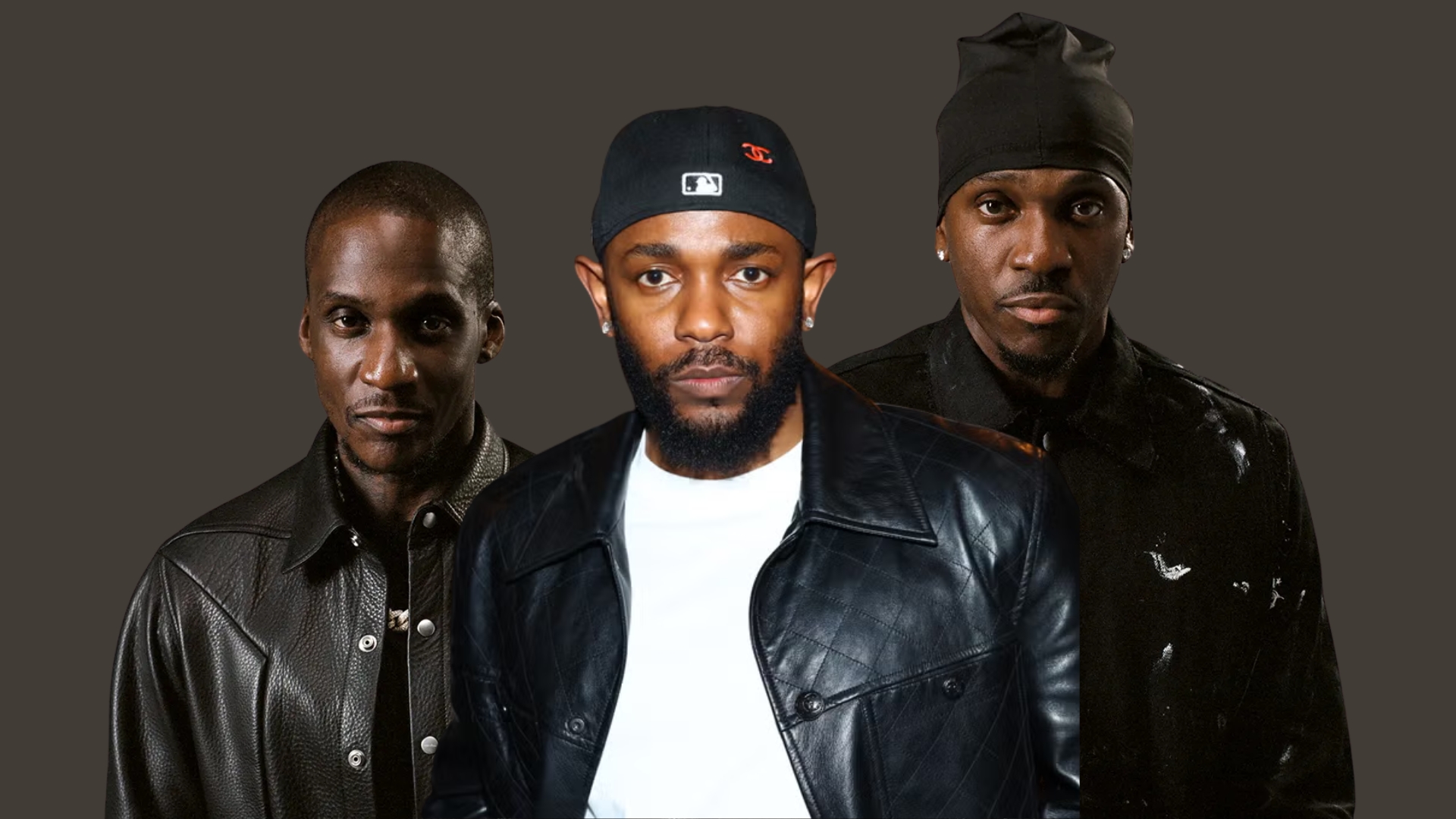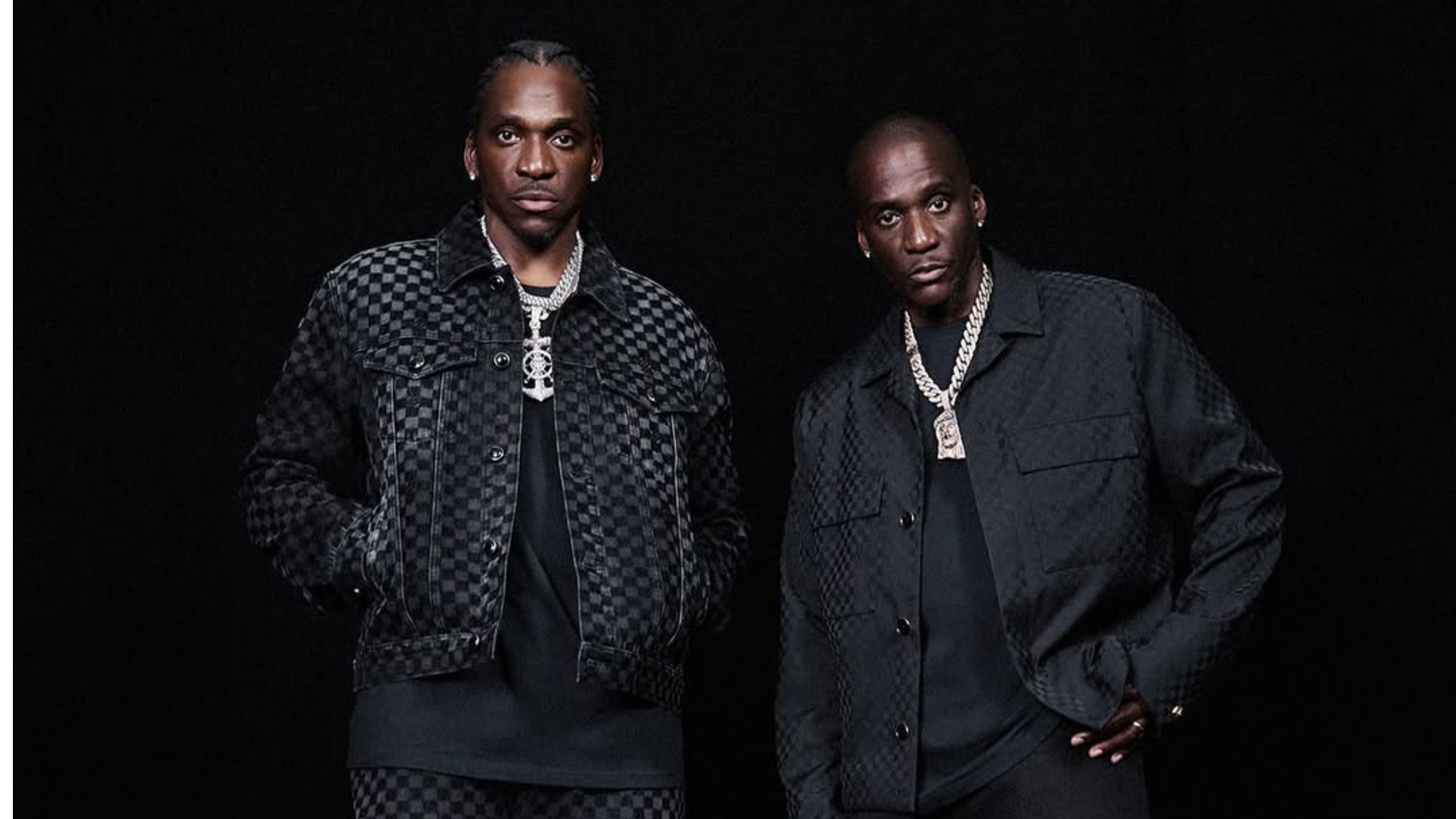The legal battle highlights the often untested terrain of signing new reggaetón and urban acts, especially those who have little to no music industry knowledge or experience.
Rising Argentinian trap star Paulo Londra is neck deep in lawsuits as he faces a contract dispute with the label he co-founded. The timing couldn’t be worse for the artist, who says he was “living the dream with the wrong people.”
On March 5, two years after co-launching label Big Ligas with Londra, Colombian entrepreneur Cristian Salazar and producer Daniel Oviedo (Ovy on the Drums) filed a lawsuit against the singer-songwriter accusing him of breach of contract and indebtedness. Londra in turn filed a counterclaim lawsuit a day later accusing Salazar and Oviedo of fraud and negligent representation.
At the root of the dispute is a deal memo Londra signed early on in his career, when he was 19, giving up his publishing and songwriting rights to a joint venture he co-founded with Salazar and Oviedo. Now, after achieving quick success, Londra alleges he was duped into signing the memo that launched Big Ligas thinking it was a “prop” for a video shoot directed by Salazar.
Salazar and Oviedo say Londra is in breach of contract since he stopped delivering new music notwithstanding his obligations under the agreement.
Before rising to fame, now-22-year-old Londra started his career as a teenager rapping in his native Córdoba, Argentina. Known for his freestyle videos on YouTube, Londra made a name for himself by being one of his country’s earliest trap proponents.
His YouTube numbers drew the attention of Salazar and Oviedo, who he met through a mutual acquaintance in Colombia in 2017, and three months later they created Big Ligas with the three listed as “sole members” owning equal one-third shares.
The idea was to create an entity that would “foster and pursue the development and commercial exploitation of the artist’s Londra] service and work including, without limitation, negotiation and entering into an exclusive recording agreement with a third party record label,” according to the agreement. With Oviedo offering his services as producer and Salazar providing his marketing and promoter services to the joint venture.
Under Big Ligas, Londra released his debut album, Homerun, Warner Music Latina on May 23, 2019. The LP debuted at No. 12 on Billboard‘s Top Latin Albums chart and No. 10 on the Latin Rhythm Albums chart. On that album and elsewhere, he has collaborated with artists including Becky G, Justin Quiles, Piso 21, Lenny Tavárez, A Boogie Wit da Hoodie and Ed Sheeran, and he scored a best new artist nomination at the 2019 Latin Grammys. To date, Londra has 222.7 million career on-demand streams in the U.S. alone, according to Nielsen Music/MRC Data.
But not long after signing the deal memo, according to the dueling lawsuits, trouble was brewing.
Now Londra alleges that Salazar and Oviedo “defrauded” and duped him into signing the joint venture agreement with them. According to his 22-page lawsuit, filed March 6 in the Circuit Court of the 11th Judicial Circuit for Miami-Dade, Salazar presented Londra with a document to sign during a February 2018 video shoot announcing Big Ligas’ formation. Londra claims he signed the paperwork thinking it was a video “prop,” not a “binding contract.”
“I felt very stupid. I had no lawyer, no time to read it thoroughly,” Londra tells Billboard. “I was 19 years old and had no idea about the music industry. I trusted them.”
The deal stipulated Londra would record music exclusively for the joint venture and assign to Big Ligas 100% of his songwriting and publishing copyright interest in all his music compositions in exchange for 50% of such royalties. The initial term was three years, but if Big Ligas entered a recording or publishing agreement with a “major label” — it would modify the contract’s initial three-year term.
During the course of the term, Big Ligas entered a $3 million licensing deal with Warner Music in January 2019 for Londra’s Homerun album, according to documents.
Londra argues that while he was already “unhappy” with his Big Ligas contract because he didn’t have the opportunity to read it before the video shoot, he had “no choice” but to enter the deal with Warner after Big Ligas’ lawyer Matt Greenberg sent him a letter telling him that not signing the Warner contract could “ruin him financially and professionally.”
Londra’s attorney, Helen Yu, says that although his agreement with Big Ligas was a three-year deal (Feb. 2018 – Feb. 2021), “the deal actually ends May 21, 2020, because Big Ligas’ recording agreement with Warner ended November 2019.”
(The contract states that “if during the Term, the Joint Venture shall enter into an exclusive recording agreement with a Major Label, you shall not have the right to terminate the Term and the Term shall not expire until the six months following the expiration of the ‘Term’ of the such Recording Agreement.”)
Londra is asking for the court to affirm that the joint venture deal has been “properly” terminated.
Londra is also asking for the dissolution of Big Ligas after he alleges “Big Ligas sought to exploit Londra’s inexperience and youth for their own financial benefit.” According to legal documents, the ongoing battle has “caused great uncertainty to Londra and his career in music.”
“I gave them my whole life,” Londra says. “I was living the dream with the wrong people.”
Salazar and Oviedo strongly deny Londra’s claims, arguing in their suit that Londra has “enjoyed significant benefits” under his deal with Big Ligas, including a “highly-lucrative agreement with Warner Music for which he was separately represented by counsel and under which he received over one million dollars and touring revenue.” They claim that despite their “exhausting efforts” and “resulting success of Londra,” the singer-songwriter began to “slow-walk” his participation.
Salazar and Oviedo say their only intention was to help Londra grow as an artist. “I gave him the best of me as a producer so that he could be a more solid artist,” says Oviedo, who produced Karol G‘s chart-topping album Ocean and the hit “Tusa.” “We had a strong bond and I don’t understand why things have to be this way.”
The complaint also claims Londra has “refused” to provide Big Ligas any newly-recorded music since May 2019 and that Big Ligas received a letter from Londra’s attorney in December asserting that the term of the deal “expires May 21, 2020 despite citing no contractual provision in the agreement that supports such an interpretation.”
“We invested so much time and money in this project and gave it so much love,” Salazar tells Billboard. “I promised Londra I would take him to the big ligas, the major leagues, and I did that.”
Salazar and Oviedo are asking Londra to pay compensatory and consequential damages in excess of $1 million for breaching of the deal, including lost profits that “would have been earned if the contract had been fully performed.”
Meanwhile, on Twitter, Londra supporters have noticed the artist’s musical dry spell, sparking the campaign #LiberenAlLeon (Free the Lion) asking for Londra to be able to release new music.
One user tweeted, “There are a lot of fans waiting for the day that Paulo is free to release songs. We are anxiously waiting for that day to show him our support and admiration.”
The legal back-and-forth isn’t only impacting Londra’s career. Oviedo, who recently kicked off his solo career, says that he’s been receiving hate messages on social media. “They’ve even told me that they hope I die of coronavirus,” says Oviedo. “This bad vibe has me blocked. I can’t focus on creating and I can’t work like this.”
In the latest hearing, the court ordered Londra’s expedited request for mediation between the parties by Zoom no later than June 30.



